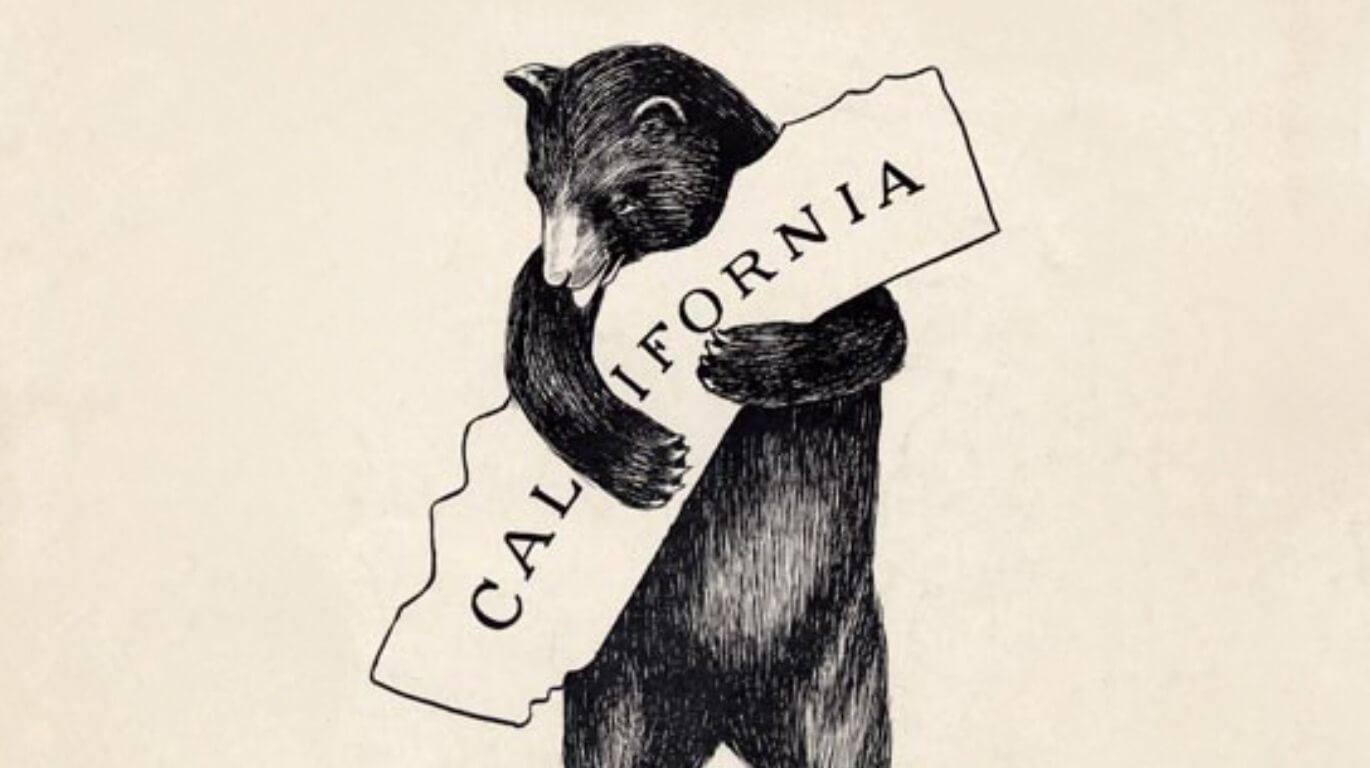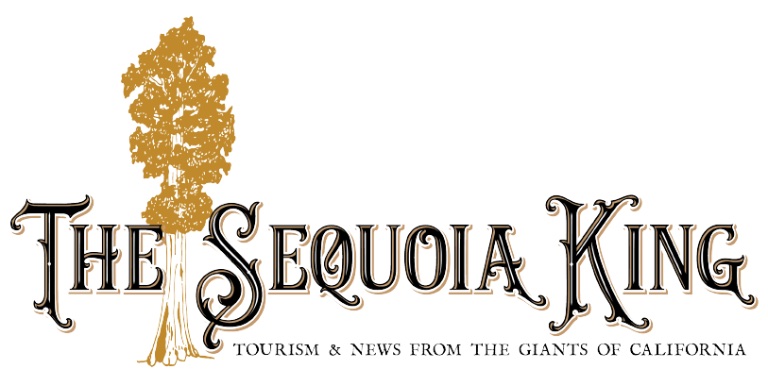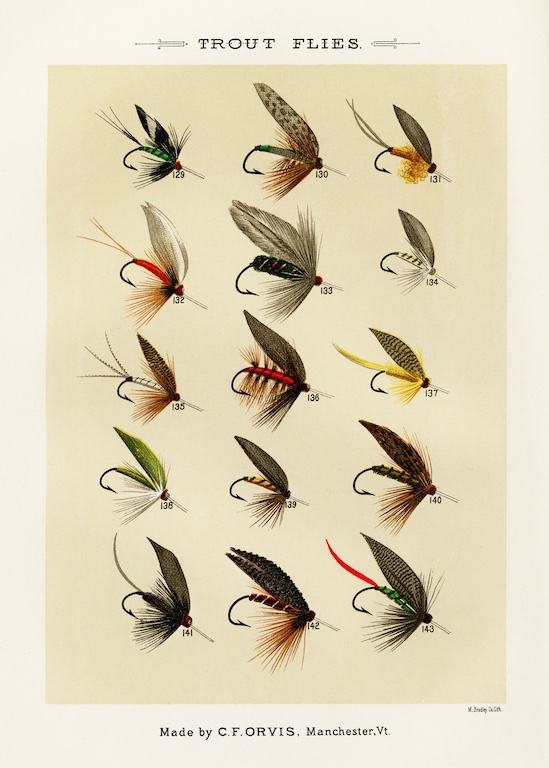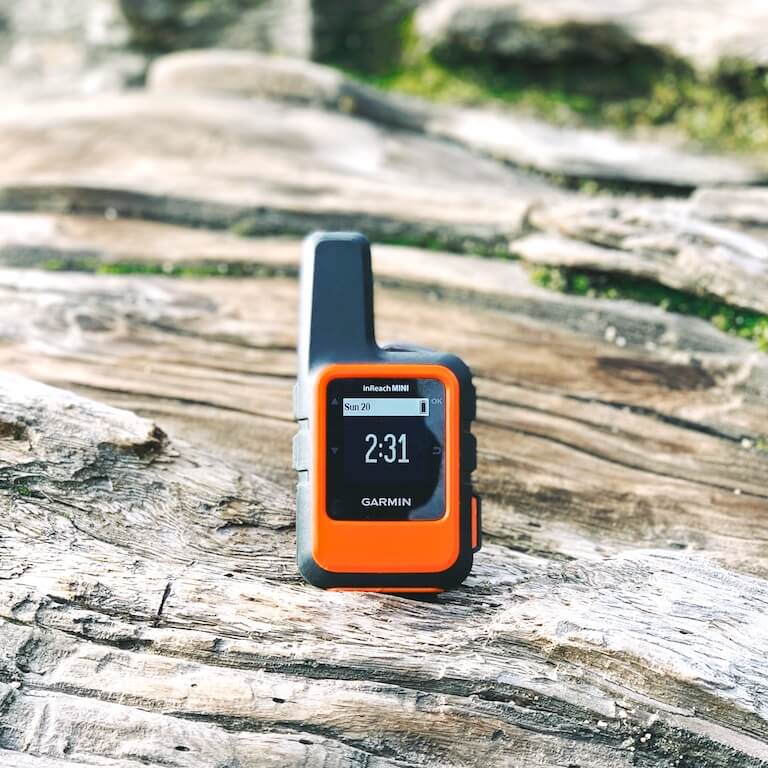Bears and Food Storage

Please do your part to protect bears and yourself during your visit to the Sequoias and Kings Canyon. The National Park Service provides this helpful information:
Bear habitat means food storage is required!
Bears can grab unattended food or easily break into cars that have food in them. They become bold and sometimes aggressive in attempts to get more. Too often these bears must be killed.
This is why you may be fined if you do not store food properly. Follow the rules below to reduce (but not eliminate) the risk of a bear break-in.
What must be stored?
All food and anything with a scent (even if you don’t consider it food) must be stored. This includes garbage, recyclables, soap, shampoo, toothpaste, sunscreen, first-aid kits, baby wipes, lotion, hairspray, scented tissue, air freshener, pet food, insect repellent, tobacco products, baby car-seats, and window cleaner. Bears recognize ice chests, cans, bottles, and grocery bags, so store them also.
How to Store Food and Scented Items Properly
Use the metal storage boxes provided in much of the park.
Shop and pack for your visit so that everything will fit in the boxes (most are 44-3/4″x34″x27-3/4″) and is easy to store upon arrival.
All items should be put in the box before setting up camp.
Seal foods in containers to minimize smells.
Remove baby car seats from vehicles when parked overnight.
When storage boxes are not available, put all food and related supplies, including ice chests, in vehicle trunk with food sealed in air-tight containers.
In vehicles without trunks, all food and related supplies, including ice chests, must be stored out of sight. Cover them completely to hide them from view.
In Picnic Areas
Store all food and related supplies properly, including ice chests. Never leave food unattended. Dispose of all garbage properly.
In Campgrounds
Store all food and related supplies in the metal storage boxes that are provided at each campsite. Only when camping where there are no metal boxes, store food and related supplies out of sight inside a vehicle.
Never leave camp unattended if food is not stored. Store food day and night. Take infant car seats out of vehicles when parked overnight. Bears may enter campsites during the day, even if people are there. Keep a clean camp. Put trash in bear-resistant cans and dumpsters regularly.
While Day-Hiking
Properly store all food and related supplies left at the trailhead, including ice chests. Don’t leave your backpack and walk off to take a photograph. Bears know packs are a source of food.
When Backpacking
Learn about wilderness food storage as you plan your backpacking trip. https://www.nps.gov/seki/planyourvisit/bear_bc.htm
Lodging
Store all food and related supplies indoors. Put all garbage in bear-resistant cans and dumpsters. Take infant car seats out of vehicles when parked overnight.
When You See a Bear
Never approach any bear, regardless of its size. Before you visit, learn more about bear encounters. Report incidents and sightings to a ranger. https://www.nps.gov/seki/planyourvisit/bear_encounters.htm
These regulations and precautions help decrease the chance of personal injury or property damage. However, bear damage and confrontations are still possible, even when all guidelines are followed.
Learn More
Read about bear management in these parks and explore photos, videos, and links to other parks with bears. https://www.nps.gov/seki/learn/nature/ns_bears.htm
Credit
https://www.nps.gov/seki/planyourvisit/bears.htm
https://www.nps.gov/seki/learn/nature/ns_bears.htm





